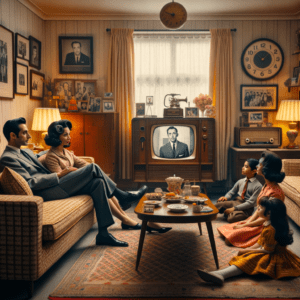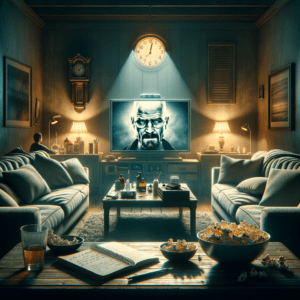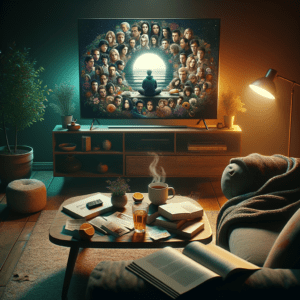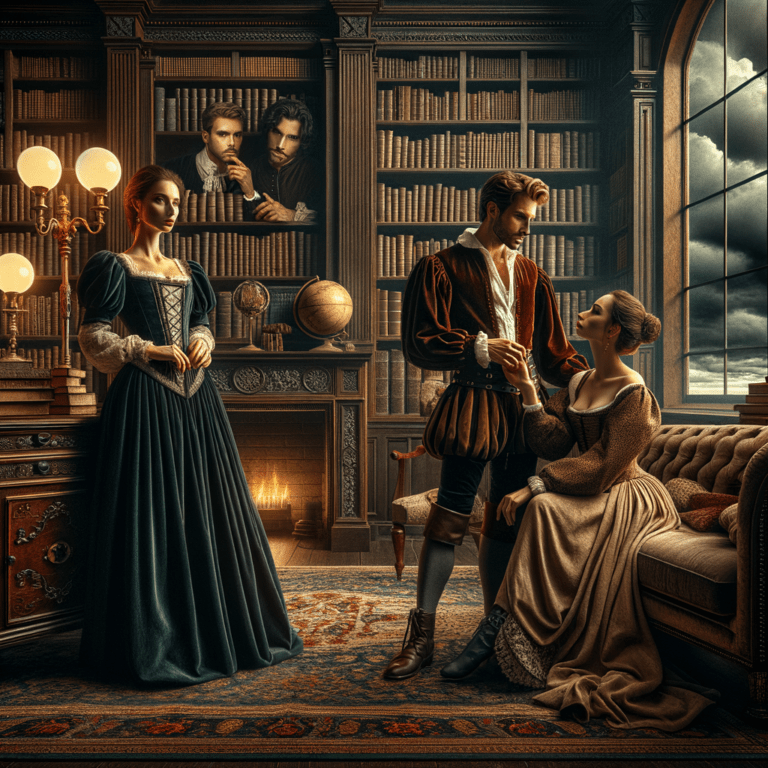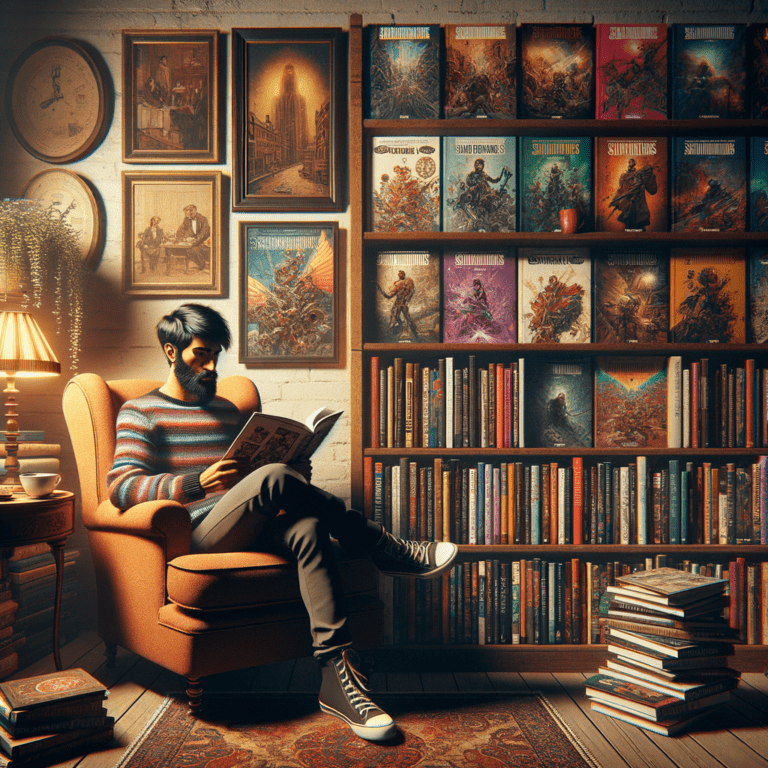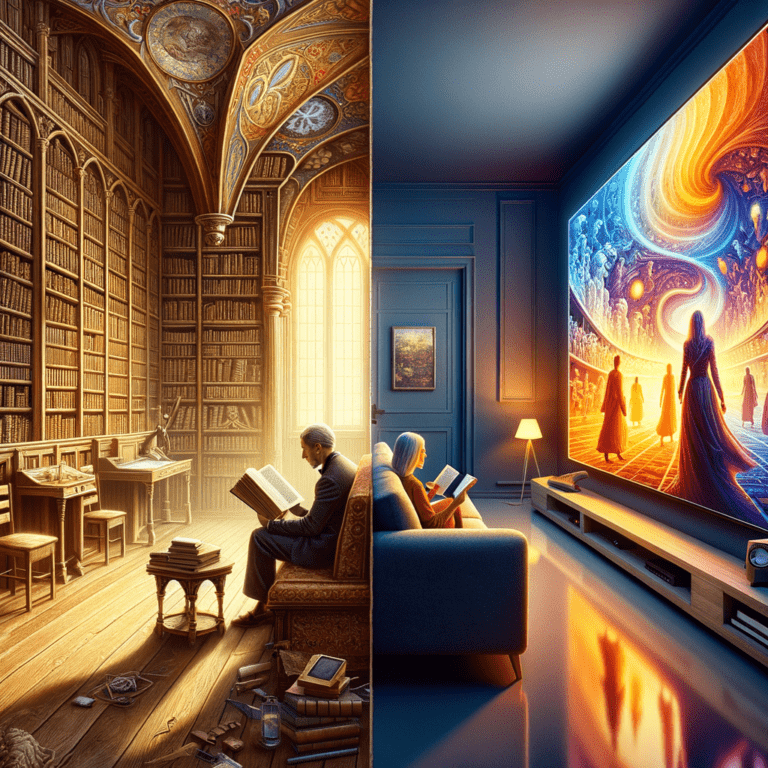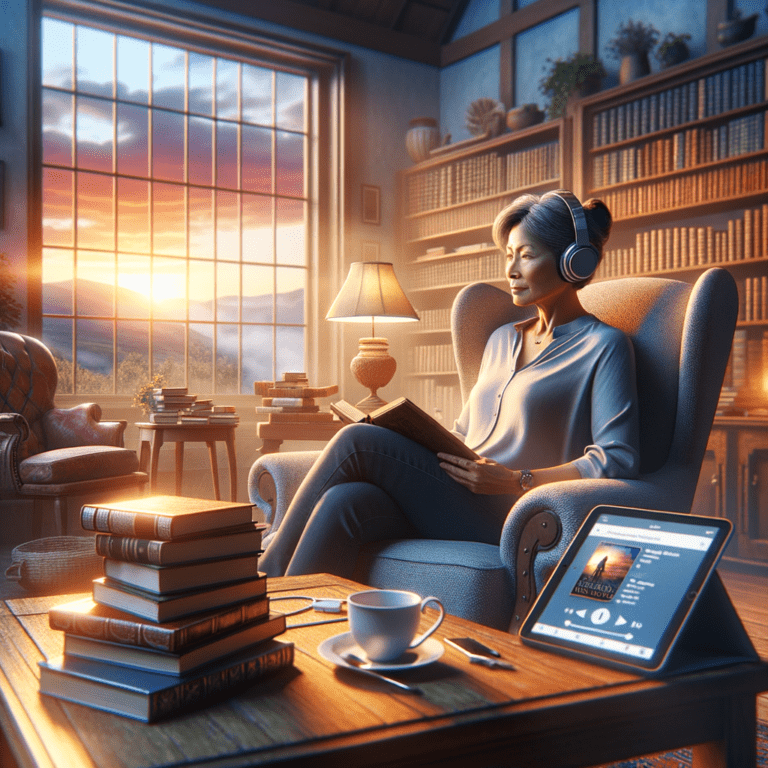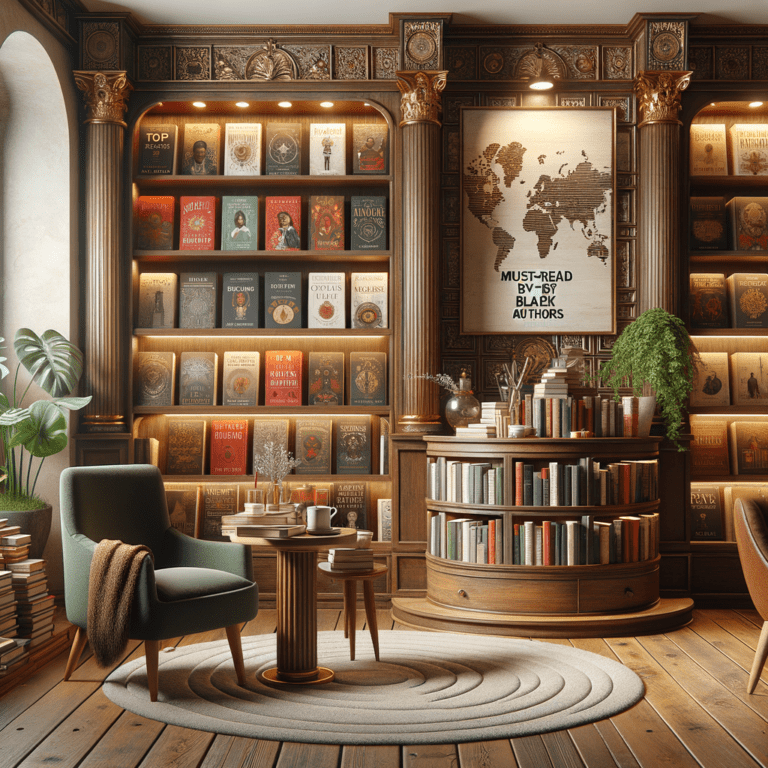Oh boy, do I have some thoughts about TV! Back in the day, it used to be all about watching predictable shows with the same old storylines and that infamous canned laughter. Let’s be real, TV was kind of like a guilty pleasure, something to switch on when you just needed a break—not exactly something you’d rely on to spark any major revelations. But, oh, how times have changed in the last couple of decades. Something pretty tremendous has shifted with the rise of what everyone is calling “Prestige TV.”
Thinking back to years ago, I’d find myself plunked down in the living room, flipping through countless channels and not really anticipating anything groundbreaking. Honestly, it felt like wandering through a blur, hoping to spot a tiny flicker of something worthwhile. So many dramas back then just felt formulaic—a cheap thrill for a quick escape, rather than anything profound. But then, wow, out of nowhere, TV took an unexpected turn for the amazing.
The Emergence of Prestige TV
The beginning of this shift snuck in quietly, almost as if it tiptoed right past me. Shows like “The Sopranos,” “Breaking Bad,” and “The Wire” came along and, wow, they were game-changers. This new era, which I lovingly think of as the Renaissance of Television, didn’t just raise the stakes—it threw out the old rulebook altogether.
Gone were the days of suspending disbelief just to enjoy a show. Suddenly, with Prestige TV, it felt like screens were opening magic doors, pulling us into worlds with as much depth as our own reality. The characters were so complex and flawed, like reflections of real people we might know (or even be). Each episode was crafted with almost artistic precision.
These shows dared to do the unthinkable. They pushed limits, bending or outright breaking them, whisking us away to uncharted emotional and intellectual territories. Watching Tony Soprano wasn’t just about observing his mafia life; it was about deep-diving into his psyche. Walter White wasn’t merely on a dark path; he posed ethical quandaries you couldn’t ignore.
And the writing! Absolute chef’s kiss! Unpredictable, detailed, and sharp as a tack. It was as if writers were finally handed free rein to go wild and create without restraint, leaving me often pausing an episode just to soak in the genius of a particular line.
Story Complexity and Character Development
Oh, the complexity! That’s the true gift of Prestige TV—the glorious, unapologetic complexity. It’s like the shows trust us viewers to keep up, almost daring us to engage with stories and characters on an academic level. It’s thrilling in a way that was super uncommon in older series.
Characters turned into puzzles or reflections of ourselves, unfolding with each decision. It didn’t boil down to black-and-white; instead, it painted with every shade of grey in between. These series mirrored life’s chaos, allowing narratives to unfold over time, poking at our own human condition questions.
I remember chatter with friends turning into passionate discussions about what Tony really wanted, or the precise moment Walter veered too far off the path. The water cooler talk suddenly had layers—existential layers at that! Conversations evolved into ethical debates, providing an unexpected lens into our own tangled lives.
Directorial Vision and Cinematic Quality
And let me not forget the breathtaking direction and cinematography! It felt like a veil lifting, revealing stunning vistas and gritty atmospheres, each infused with its own life and vibe. The cinematic quality transformed each frame into a canvas painted with intention.
Think of places like Westeros in “Game of Thrones,” or the New Mexican backdrop of “Breaking Bad.” They weren’t just scenery—they became living, breathing elements contributing to the story. The combination of juicy production values and fearless artistic vision helped storylines explode with vibrant life.
Prestige TV practically begged us to pay attention, to appreciate every beautiful detail and creative touch. As much as I enjoy a good sitcom, diving headfirst into meticulously crafted worlds has been exhilarating beyond measure.
Theatrical Performances on the Small Screen
Let’s gush about the performances for a sec. Oh man, the performances! Actors breathed life into storytelling, giving performances that felt as real as anything can, just short of sprouting from the screen and joining us right there on the couch.
James Gandolfini as Tony Soprano—raw and hauntingly genuine. Bryan Cranston’s transformation into Walter White—wow, just wow. Each role was an emotional rollercoaster that pulled us in, holding our breath and our hearts hostage.
I’d find myself gripping the couch, wide-eyed, living each scene with the actors as they played a rich symphony of the human experience in our very living rooms. The grandeur of theatre and cinema stumbled right into the intimacy of home, gifting us awe-inspiring moments.
Audience Expectation and Engagement
Looking back, Prestige TV has stretched my expectations of what TV can be. It taught me to seek out complexity, to devour rather than dodge it. TV became more than entertainment—it turned into an enlightening journey.
The shows that stepped up demanded television be recognized as an art, shifting how stories are told and appreciated. With new platforms and streaming services, it feels like we’re stepping into this wild frontier where anything’s possible.
As viewers, we’ve morphed into critics, connoisseurs, and accidental creators, engaging through forums and friends, crafting our narratives and interpretations alongside the stories we watch.
Final Reflections
In pondering how Prestige TV has redefined dramas, I see its profound effect even beyond the world of television. It’s launched a movement valuing storytelling’s heart across mediums, igniting conversations and pursuing creativity far beyond traditional norms.
And that’s the sheer magic of Prestige TV—it’s taken us on journeys through new emotional dimensions. It taught me that art isn’t just for leisure or a casual pastime; it unearths new visions of the world, revealing insights and evoking connections beyond the screen.
So here’s to the shows that question us, challenge our norms, and make us ponder our own existence. They stand as vibrant reminders that TV isn’t just a pause-fill in our day—it’s a powerful force leaving lasting echoes long after the credits end.


